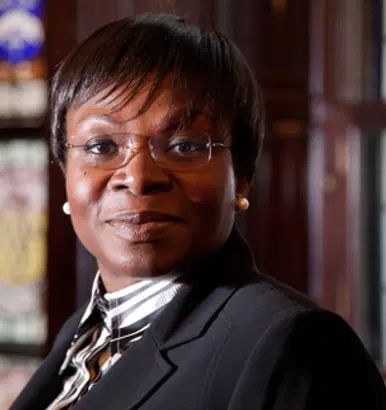
The Shipping Agencies, Clearing and Forwarding Employers Association (SACFEA) has called on the Federal Government to compel its agencies operating at the ports to charge in Naira.
The President of SACFEA, Mrs Boma Alabi, who made the call in an interview with the News Agency of Nigeria (NAN) on Sunday in Lagos, said that it was necessary in order to de-dollarise the economy.
She said that in the past, shipping companies charged freight in Naira unlike now that freight were being charged in dollars across board.
Alabi said that freight for exports was charged in dollars which was set by the foreign Headquarters.
“If the freight is set from their national offices, our exporters will pay more money.
“To freight a 20ft container from abroad to Nigeria will cost about 4,000 dollars, then to export 20ft containers of goods from Nigeria to overseas will coast about 1,000 dollars or 900 dollars.
“It also cost between 7,000 dollars to 8,000 dollars to freight 40ft containers from abroad to Nigeria while it takes 1,500 dollars to freight 40ft container of export goods from Nigeria to abroad.
“If government allows both charges from the Nigerian Ports Authority (NPA) and the Nigerian Maritime Administration and Safety Agency (NIMASA) to be paid in naira it will de-dollarise the economy,” she said.
She also urged government to fast-track export processing at the nation’s ports to avoid waste due to delay encountered during examination.
Alabi said that such delay had made some of the Nigerian exporters to route their exports through neighbouring countries, which cost them loses in Nigerian ports.
She said that it was not in the nation’s interest for export cargoes to be delayed before been exported, adding that fast-tracking ports operation would enable more efficiency.
The federal government’s Economic Stabilisation Bill before the National Assembly (NASS) proposed that NIMASA and NPA should begin collecting charges, fees, fines and others in Naira.
Special Adviser to the President on Information and Strategy, Bayo Onanuga, had on September 26, said that the proposal was aimed at prioritising the use of Naira.
Onanuga said that the idea was to reduce pressure on the foreign exchange market.















